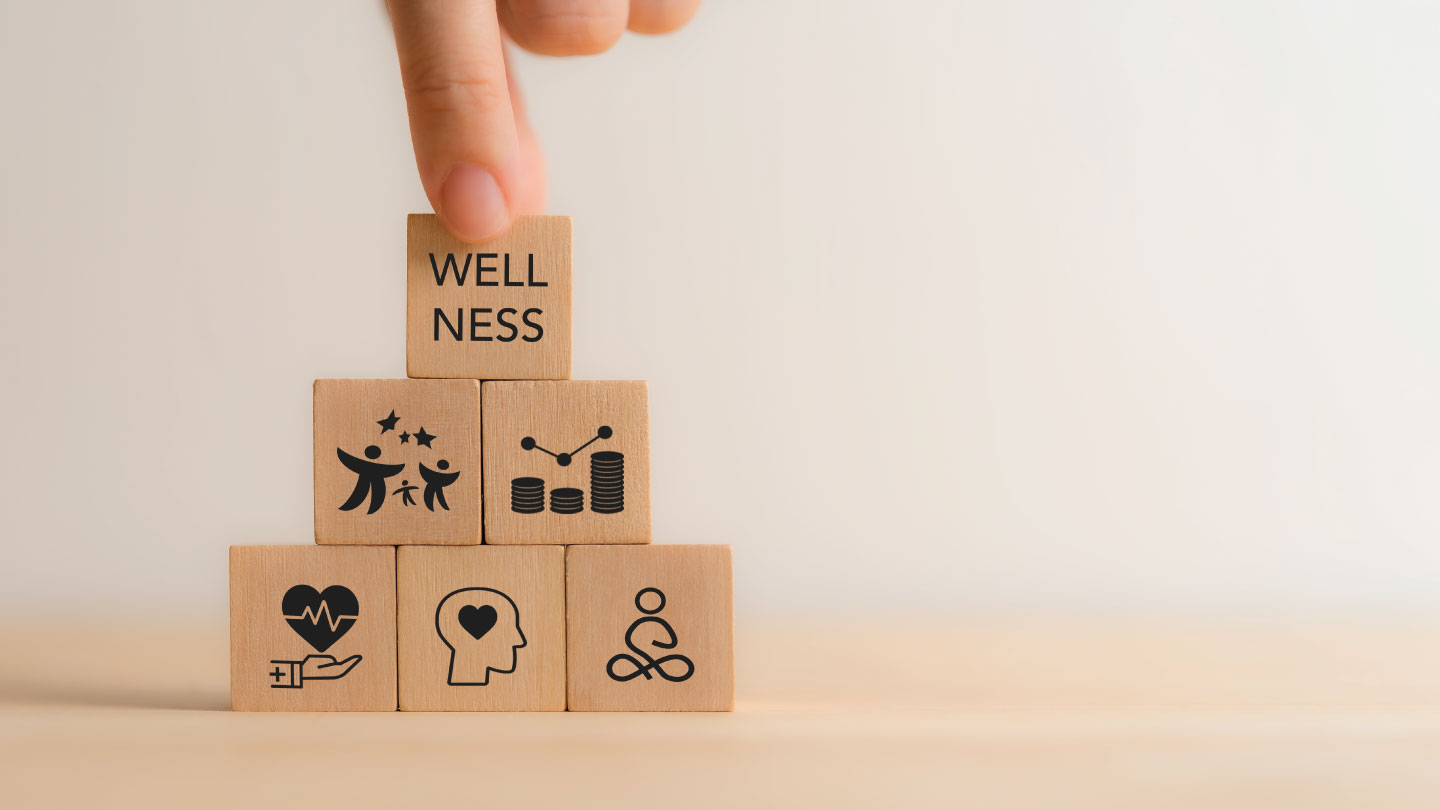Corporate Wellness
7 Habits That Are Leaving You More Exhausted Than Your Work
Feeling drained of energy no matter how much rest you get? Here are some of the unexpected ways you might be wearing yourself down.

Exhaustion and adulthood seem to arrive hand-in-hand. Between being on the grind every day from 9 to 5, trying to keep up with your social life, and doing necessary chores at home, no amount of caffeine can seem to give enough energy to get through the day. Some of the reasons behind your physical and emotional exhaustion can be obvious, such as work or personal life stress or not getting enough sleep, but you can often pick up certain habits that you participate in consciously or unconsciously that sap your energy every day.
1. Working in a cluttered space
Constantly looking at a cluttered space, be it your workspace or your bedroom, will make your brain focus on all the tasks that you “should” be doing, such as organising, filing and sorting through all the little things lying here and there. This causes inattentiveness and distraction, making you lose your focus and energy, not to mention the energy you lose when you are unable to find what you need amidst all clutter. Physical clutter also leads to the secretion of increased levels of cortisol, the stress hormone, says a 2016 study by Cornell University, USA, which in turn can lead to fatigue. Take ten minutes out of your time daily to organise your work space or put your room in order before you start your day.
2. Waiting too long between meals
Your body needs a steady supply of macronutrients like proteins, carbohydrates and fats for energy, while your brain’s main fuel are carbs. Carbs are stored as glucose in the liver for later use, but this energy source gets depleted in six to eight hours. When you go longer than this between meals, it can cause a fall in your blood sugar levels, making you feel tired and drained. Make sure to have proper meals at fixed times of the day, and have healthy snacks like nuts or fresh fruit to keep your energy up in between meals.
3. Having many tabs open on your browser
Keeping too many tabs open at once, especially when working, is something a lot of us have the habit of doing. But between the news updates you plan on reading later, the pop culture pages you want to revisit at leisure, your social media accounts and your email inboxes, it can be difficult to get anything done at all. Even when you are focusing on a single tab at a time, the presence of the many open tabs will take up your focus and drain your energy by causing an information overload in your brain. What’s worse—a study by Stanford University in 2018 has proven that “heavy media multitaskers” such as those who try to consume media through keeping many tabs open at once, get easily distracted, thus making it more difficult for them to get work done.
4. Leaving your tasks unfinished
The mental equivalent of clutter is letting too many unfinished tasks pile up. Due to time constraints and simply too many things to do, we often leave half-completed tasks aside to start something new. This causes what is known as attention residue, where you leave a small part of your attention on the unfinished task. As a 2009 study by Sophie Leroy of University of Washington concludes, attention residue can seriously hamper your ability to perform well on other tasks, thus requiring more physical and mental energy from you. If your tasks are small, consider getting them out of the way before you move on. Written to-do lists can also help you keep better track of your work.
5. Slouching
Poor posture puts extra stress and tension on muscles, joints and ligaments of your body. Your muscles tire more quickly because they have to work harder, which results in greater energy consumption. Moreover, when you slouch, your breathing gets shallow, which in turn reduces oxygen in your blood and lead to fatigue. If you find it difficult to maintain your posture while sitting, make use of a chair that will support your back or a posture-correcting brace.
6. Spending too much time indoors
With the increasingly sedentary lifestyle, spending time outdoors can take a backseat. Research published in The Journal of Positive Psychology in 2019 shows that stepping outdoors even for ten minutes can cause a boost in energy by improving your mood and reducing stress. Too much time spent indoors is also associated with Vitamin D deficiency due to lack of exposure to sunshine, which has fatigue as one of its main symptoms.
7. Watching emotionally charged TV shows
Emma Seppälä, a lecturer at the Yale School of Management, notes in an article in Harvard Business Review that high-intensity emotions often contribute to exhaustion. It is easy to understand how a rush of anger can leave us feeling drained afterwards, but positive emotions like high levels of excitement or thrill can also cause a crash when they wear off. The media you consume regularly can inspire these high-intensity emotions. You might want to binge-watch a stressful, thrilling or depressing TV show, but if you do not have the mental energy for it, it can easily deplete your resources.
EXPLORE MORE
Early health signals are warnings, not noise and they shape workforce outcomes. We must recognise these signals as strategic indicators of workforce well-being and long-term productivity.
Hybrid work promised flexibility and balance, but for many, it’s silently eroding the boundary between work and life. Burnout today isn’t just about doing more; it’s about being always on.
You’ve worked through the night, and the sun’s already up. Here’s a realistic plan to reclaim your energy, sleep better, and keep your health intact.
Tired of endless, aimless meetings? These five habits turn dull sessions into focused, energising discussions.




.jpg)


